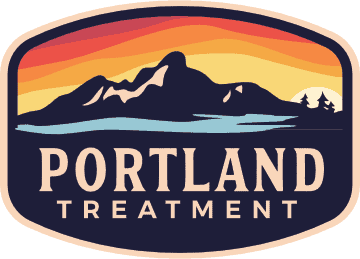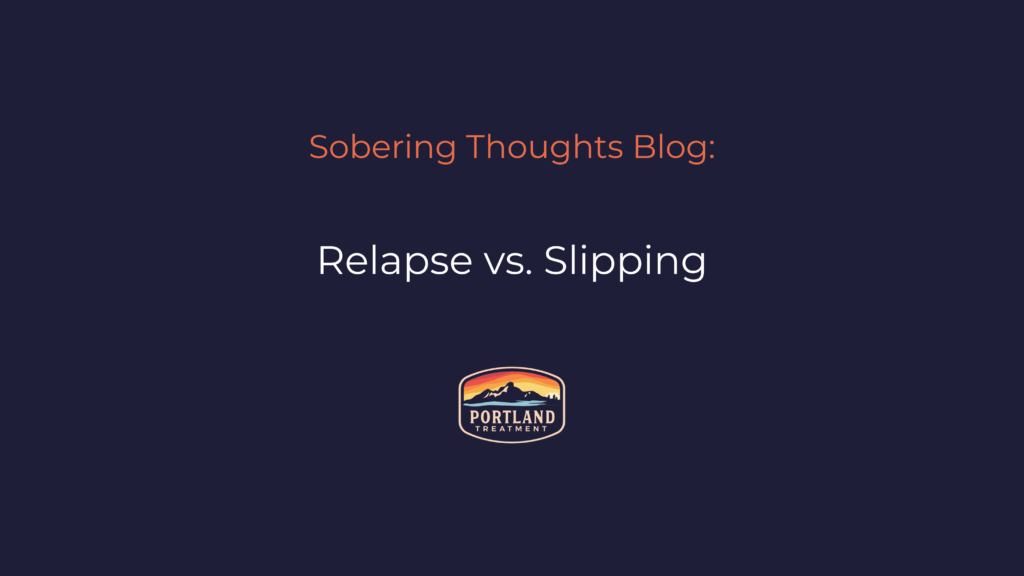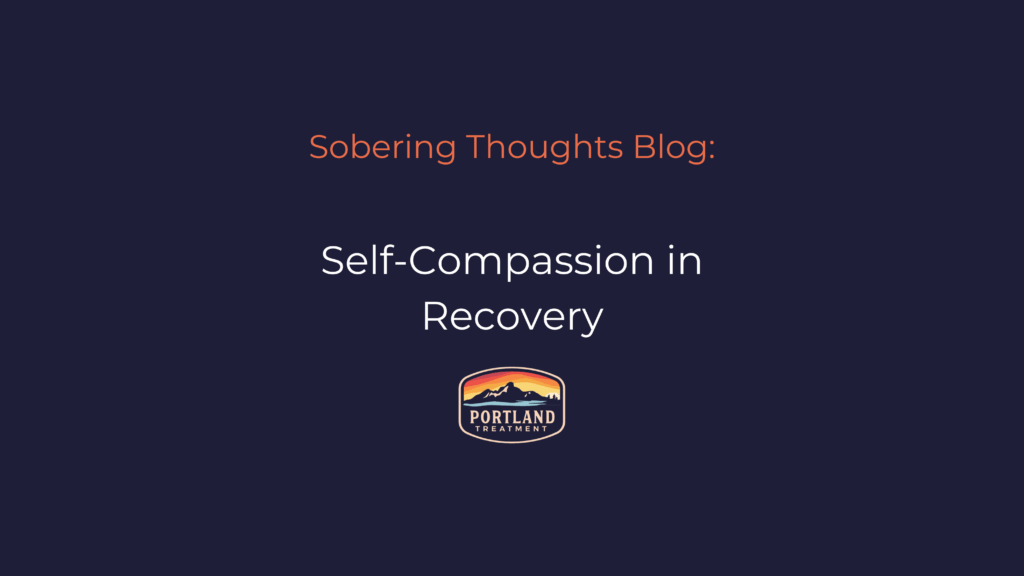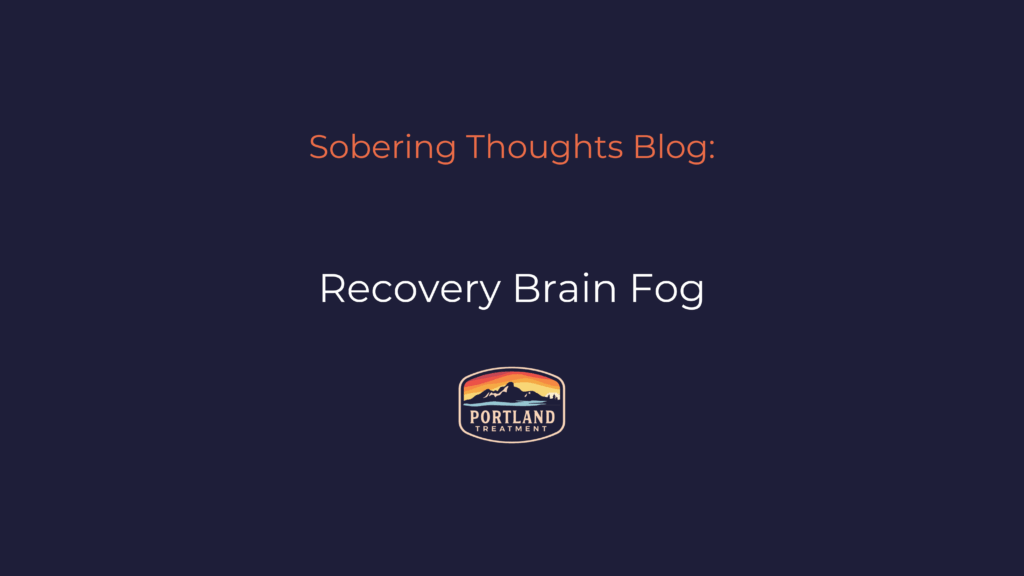Prescription painkiller abuse is a pressing issue that necessitates transformative rehabilitation solutions. In this comprehensive article, we will delve into the background of prescription painkiller abuse, the associated risks and harms, and the various rehabilitation options available. We will explore how to determine the need for opioid rehab, the different types of rehab programs and …
Prescription painkiller abuse is a pressing issue that necessitates transformative rehabilitation solutions. In this comprehensive article, we will delve into the background of prescription painkiller abuse, the associated risks and harms, and the various rehabilitation options available. We will explore how to determine the need for opioid rehab, the different types of rehab programs and approaches, as well as the crucial aspects of follow-up and aftercare. We will discuss innovative approaches to painkiller rehab, including the integration of mind-body skills in pain management and the latest research and innovations.
The article will shed light on government initiatives and resources for prescription painkiller rehab, including the VA Pain Management Programs, National Recovery Month support, and the valuable resources offered by SAMHSA. We will address the ongoing challenges of prescription painkiller abuse and highlight the importance of collaborative efforts in finding transformative solutions. If you are seeking comprehensive insights into prescription painkiller rehabilitation near Portland, ME, this article is your go-to resource for understanding and addressing this critical issue.
Introduction to Prescription Painkiller Rehabilitation
Prescription painkiller rehabilitation involves the comprehensive approach to addressing the chronic pain management and opioid use disorder among patients under the care of clinicians and health care providers.
With the increasing concerns and challenges associated with opioid prescribing, the Centers for Disease Control and Prevention (CDC) have issued guidelines and recommendations for the evidence-based management of pain and opioid use.
The CDC guidelines promote a shift towards a more cautious and evidence-based approach to prescribing opioids, with an emphasis on non-opioid therapies and non-pharmacological interventions as part of the treatment plan. This approach aims to reduce the reliance on opioid medications, consequently lowering the risks of addiction and overdose among chronic pain patients.
Evidence-based rehabilitation programs play a pivotal role in supporting individuals struggling with opioid use disorder, combining medical and behavioral interventions to facilitate the recovery process while addressing the underlying causes of addiction.
Background of Prescription Painkiller Abuse
The background of prescription painkiller abuse encompasses the historical context of opioid use and its impact on patients’ care and treatment. It also involves the assessment of risks and evidence associated with long-term opioid therapy and the evolving understanding of its implications on patient health.
Throughout history, the use of opioids for pain management has undergone significant transitions, from natural sources like poppy plants to the development of synthetic versions. This evolution has shaped the landscape of pain management and raised important concerns about patient safety and addiction.
The increasing incidence of opioid misuse has prompted a shift in the approach to prescribing these medications. Clinicians are now urged to prioritize evidence-based practices and alternative treatment modalities to minimize the risks associated with long-term opioid use.
Risks and Harms Associated with Prescription Painkiller Abuse
The risks and harms associated with prescription painkiller abuse are a focal point in the CDC’s efforts to address the challenges of chronic pain management and opioid use disorder. These risks encompass the potential adverse effects of long-term opioid therapy and the implications for individuals with opioid use disorder.
Prescription painkiller abuse can lead to a range of physical and psychological health issues, including respiratory depression, overdose, addiction, and even fatal outcomes. The misuse of these medications can also trigger a cascade of detrimental societal impacts, contributing to economic burdens, family disruptions, and strain on healthcare systems.
Rehabilitation Solutions for Prescription Painkiller Abuse
Rehabilitation solutions for prescription painkiller abuse encompass a spectrum of interventions aimed at addressing chronic pain management and enhancing the care and treatment of patients with opioid use disorder. These solutions emphasize the multidisciplinary approach to opioid rehab and chronic pain management.
Integrating physical therapy, medication-assisted treatment, counseling, and behavioral therapy, these comprehensive rehabilitation programs address the complex needs of individuals struggling with prescription painkiller abuse. The focus on personalized, patient-centered care ensures that the treatment plans are tailored to the unique circumstances and requirements of each patient.
The inclusion of holistic therapies such as yoga, acupuncture, and mindfulness-based practices further enriches the rehabilitation process, promoting overall well-being and facilitating a holistic recovery journey.
Determining the Need for Opioid Rehab
Determining the need for opioid rehab involves an in-depth assessment of chronic pain management and the care requirements of patients with opioid use disorder. This assessment aims to identify the specific needs and interventions necessary for effective opioid rehab.
Chronic pain management assessment includes evaluating the history of pain, its impact on daily functioning, and the effectiveness of current pain management strategies. Patient care needs to be examined comprehensively, taking into account physical, emotional, and environmental factors. It involves a multidisciplinary approach, integrating medical, psychological, and social assessments to address the complex needs of individuals with opioid use disorder.
Types of Rehab Programs and Approaches
The types of rehab programs and approaches for prescription painkiller abuse encompass a range of evidence-based interventions and patient-centric care models tailored to address chronic pain management and opioid use disorder. These programs emphasize individualized treatment and comprehensive support for patients.
One commonly used approach in opioid rehab programs is medication-assisted treatment (MAT), which combines behavioral therapy and medications to address opioid dependence and support long-term recovery. Many rehab programs also incorporate cognitive-behavioral therapy (CBT) and mindfulness-based interventions to assist individuals in managing chronic pain and reducing reliance on prescription painkillers.
Patient-centered treatment models prioritize the involvement of patients in their care plans, fostering give the power toment and accountability throughout the recovery process. This approach often involves multidisciplinary teams, including physicians, psychologists, and physical therapists, to address the various aspects of chronic pain and opioid use disorder.
Follow-Up and Aftercare in Prescription Painkiller Rehab
Follow-up and aftercare in prescription painkiller rehab are essential components of the continuum of care for patients undergoing chronic pain management and treatment for opioid use disorder. These aspects focus on sustaining recovery and optimizing long-term outcomes.
Follow-up appointments provide an opportunity for healthcare professionals to assess the patient’s progress, address any emerging challenges, and refine the treatment plan as needed. Aftercare plays a pivotal role in offering ongoing support, education, and resources to individuals as they transition back to their daily lives after intensive rehabilitation programs.
These elements nurture a supportive environment for patients, reducing the risk of relapse and promoting holistic well-being. The integration of comprehensive aftercare strategies, such as cognitive-behavioral therapy and peer support groups, complements the initial rehab efforts and encourages sustainable recovery.
Transformative Approaches to Prescription Painkiller Rehab
Transformative approaches to prescription painkiller rehab represent the innovative strategies and research-driven interventions aimed at advancing the field of chronic pain management and treatment for patients with opioid use disorder. These approaches emphasize the integration of cutting-edge research and pioneering innovations.
By leveraging evidence-based practices and personalized treatment plans, these transformative approaches prioritize holistic care and individualized support for patients struggling with opioid dependency. The implementation of multidisciplinary care teams and the utilization of innovative technological solutions play a crucial role in enhancing treatment outcomes and fostering a patient-centered approach to addiction recovery.
The successful integration of pharmacological and non-pharmacological modalities has paved the way for comprehensive and tailored interventions that address the complex needs of individuals grappling with both chronic pain and substance use disorders.
Integration of Mind-Body Skills in Pain Management
The integration of mind-body skills in pain management reflects a holistic approach to addressing chronic pain and enhancing the care of patients. These skills encompass various techniques and practices that promote overall well-being and resilience in the face of pain-related challenges.
One key aspect of mind-body skills is mindfulness, which involves focusing one’s attention on the present moment without judgment. This practice has been found to reduce the perception of pain and improve emotional well-being in individuals with chronic pain conditions.
Mind-body interventions such as yoga and tai chi can help reduce pain and improve physical functioning, contributing to a comprehensive approach to pain management.
The integration of mind-body skills in pain management encourages patients to take an active role in their own care, giving the power to them to develop coping strategies and self-regulation techniques. This shift towards patient-centered care promotes a sense of control and agency, positively impacting the overall experience of individuals living with chronic pain.
Research and Innovations in Prescription Painkiller Rehab
The realm of research and innovations in prescription painkiller rehab encompasses groundbreaking studies and pioneering advancements in chronic pain management and the treatment of patients with opioid use disorder. These initiatives focus on expanding the evidence base and fostering innovative solutions.
Researchers are looking into the intricate mechanisms of chronic pain and developing novel approaches for personalized treatment. Advanced imaging technologies are revolutionizing the diagnosis and monitoring of pain conditions, leading to more targeted and effective interventions.
The integration of telemedicine and digital health platforms is enhancing accessibility to comprehensive care for individuals with chronic pain and substance use issues. This innovative synergy of technology and healthcare gives the power to patients to actively engage in their treatment and recovery.
Government Initiatives and Resources for Prescription Painkiller Rehab
Government initiatives and resources play a pivotal role in supporting prescription painkiller rehab efforts and enhancing the care and treatment of patients with opioid use disorder. These initiatives encompass a range of programs and policies aimed at fostering comprehensive support and access to quality care.
The allocation of government funding to substance abuse treatment centers and rehabilitation programs has significantly augmented the capacity to address the growing public health concern of prescription opioid misuse. The collaborative efforts between government agencies, healthcare providers, and community organizations have resulted in the implementation of evidence-based interventions and the expansion of specialized treatment options.
VA Pain Management Programs and Benefits
The VA pain management programs and benefits are designed to address the unique needs of veterans facing chronic pain and opioid use disorder, providing comprehensive support and tailored interventions to enhance their quality of care and life.
These specialized programs encompass a multidisciplinary approach, incorporating medical treatments, psychological support, and physical therapy to alleviate pain and improve overall well-being. Through personalized treatment plans, veterans receive individualized care based on their specific conditions and requirements, fostering a supportive and holistic healing environment.
The VA’s pain management initiatives prioritize education and self-management strategies, giving the power to veterans to actively participate in their recovery journey and gain greater control over their pain. By offering alternative therapies and promoting non-opioid pain relief options, the programs aim to minimize reliance on addictive medications and mitigate associated risks.
National Recovery Month: Supporting Recovery from Prescription Painkiller Abuse
National Recovery Month serves as a platform for supporting individuals recovering from prescription painkiller abuse, providing a framework for promoting patient care and well-being under the auspices of the Substance Abuse and Mental Health Services Administration (SAMHSA).
During this month, SAMHSA collaborates with various stakeholders, including healthcare providers, community leaders, and advocacy groups, to raise awareness about the significance of patient care promotion and recovery support. It emphasizes the need for comprehensive treatment strategies tailored to each individual’s unique needs, thereby fostering a supportive environment for those on the path to recovery.
Support and Resources Offered by SAMHSA for Prescription Painkiller Rehab
SAMHSA provides a comprehensive array of support and resources for individuals seeking prescription painkiller rehab, offering guidance and access to vital services aimed at enhancing patient care and promoting recovery from opioid use disorder.
These resources encompass a wide spectrum of assistance, including educational materials, treatment programs, and recovery support networks. SAMHSA’s emphasis on personalized care ensures that individuals receive tailored treatment plans that address their specific needs. The organization also collaborates with healthcare providers to integrate evidence-based practices and innovative therapies into the rehabilitation process.
Through SAMHSA, patients have access to valuable information, peer support, and community initiatives that play a pivotal role in their journey towards sustained recovery.
Conclusion and Future Directions in Prescription Painkiller Rehab
The conclusion and future directions in prescription painkiller rehab entail a comprehensive reflection on the challenges and collaborative efforts aimed at advancing the field of chronic pain management and enhancing the care of patients with opioid use disorder. These directions emphasize the need for ongoing collaboration and innovation.
The landscape of chronic pain management has undergone significant evolution, paving the way for interdisciplinary approaches that address the multifaceted aspects of patient care and treatment challenges. Collaborative initiatives involving healthcare providers, addiction specialists, and community support networks are pivotal in providing holistic care and tailoring treatment plans to meet individual needs.
The integration of evidence-based practices and ethical considerations in prescription painkiller rehab signifies a shift towards patient-centric care and the promotion of long-term recovery. The future direction involves leveraging technology and research to develop personalized interventions, reduce stigma, and optimize outcomes for individuals struggling with opioid use disorder.
Addressing the Ongoing Challenges of Prescription Painkiller Abuse
Addressing the ongoing challenges of prescription painkiller abuse requires a concerted effort to adapt to the evolving landscape of chronic pain management and patient care in the context of opioid use disorder.
It is essential to recognize that the multifaceted nature of chronic pain management often presents complex issues, where traditional approaches may not suffice. This requires a comprehensive approach that encompasses not only pharmacological treatments but also emphasizes non-pharmacological interventions, such as physical therapy, cognitive-behavioral therapy, and mindfulness-based practices.
Fostering collaborative partnerships among healthcare providers, addiction specialists, and policymakers is crucial to establishing holistic support systems that prioritize patient safety and health outcomes. Furthermore, public awareness campaigns and education initiatives play a pivotal role in addressing the stigma associated with chronic pain and opioid use disorder while promoting responsible prescribing practices.
Collaborative Efforts for Transformative Prescription Painkiller Rehab Solutions
Collaborative efforts for transformative prescription painkiller rehab solutions are pivotal in fostering a unified approach to chronic pain management and patient care, leveraging the combined expertise of clinicians, researchers, and healthcare stakeholders to drive impactful solutions.
The cooperative exchange of knowledge and best practices among these diverse healthcare professionals ensures a comprehensive understanding of the multifaceted nature of prescription painkiller abuse. This collaborative model enables the integration of evidence-based treatment interventions and holistic care strategies, addressing not only the physical aspects of addiction but also the psychological and social factors affecting patients.
Why Portland Treatment is an Excellent Choice for Addiction Treatment in Maine
At Portland Treatment, we understand the complexity of battling addiction and the importance of finding the right treatment. Our approach to addiction treatment is holistic, focusing not only on the physical aspects but also on the emotional and psychological well-being of our clients.
Our Programs and Services
Our treatment programs are comprehensive and personalized. We offer a range of services tailored to meet the unique needs of each individual. This includes:
- Partial Hospitalization Program (PHP): Ideal for those seeking intensive therapy while residing at home or in a sober living environment.
- Intensive Outpatient Program (IOP): A flexible option that allows clients to balance therapy with their daily responsibilities.
- Outpatient Treatment: A supportive bridge between intensive care and long-term recovery, offering customized support for sustainable sobriety.
Treating a Range of Conditions
We specialize in treating various substance addictions, including Adderall, Alcohol, Ativan, and others. Additionally, our expertise extends to addressing mental health issues such as anxiety disorders, depression, and PTSD, which often co-occur with substance abuse.
Commitment to Safe and Ethical Treatment
Our commitment to providing safe, ethical, and effective treatment is unwavering. At Portland Treatment, we believe in empowering our clients with the tools and support necessary for a successful recovery journey.
Contact Us
If you or a loved one is struggling with addiction, contact us today to learn more about our programs and how we can help you on the path to recovery. Portland Treatment is your partner in overcoming addiction and achieving lasting wellness.






